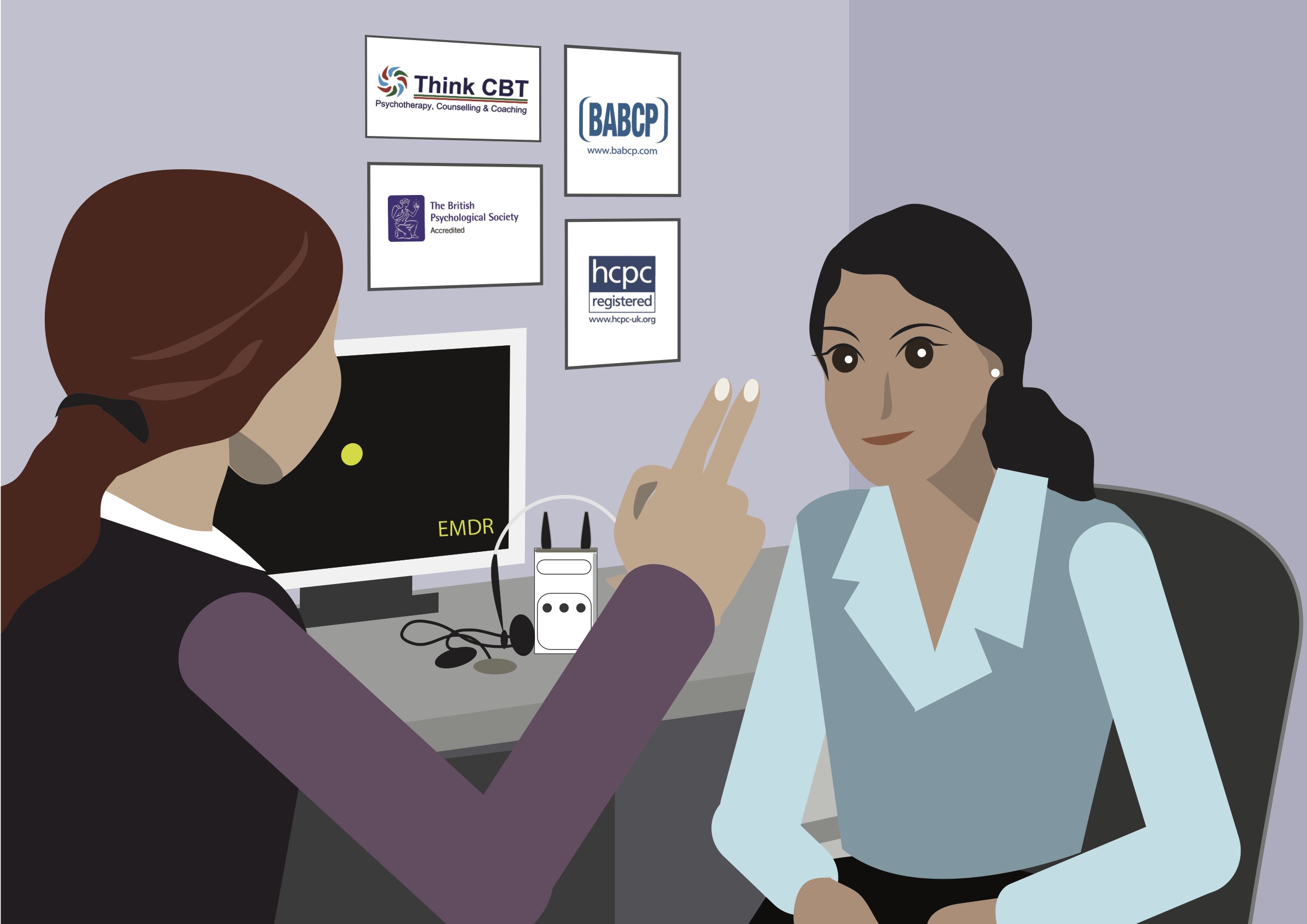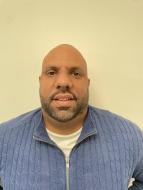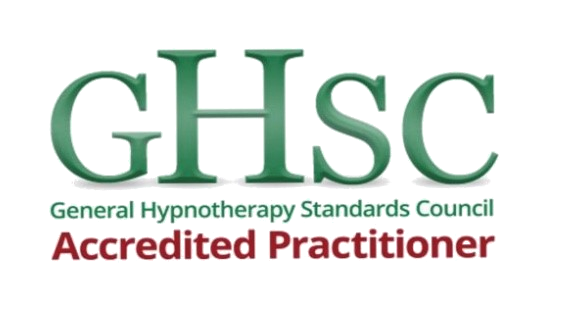Cognitive Behavioural Therapy – CBT for Hyperawareness OCD in London and UK-wide via video-link
We provide Cognitive Behavioural Therapy for hyperawareness OCD and misophonia from a number of locations across the UK. We can also organise hyperawareness OCD treatment online via video-link. If you want to talk to a CBT specialist about Hyperawareness OCD, call 01732 808626 or email info@thinkcbt.com to organise an initial informal call.
Therapist Credentials

Our CBT therapists have advanced qualifications in Cognitive Behavioural Therapy and other evidence-based approaches including EMDR, Clinical Psychology, ACT, DBT and CFT. All of our CBT therapists hold full accreditation with the British Association of Behavioural and Cognitive Psychotherapy (BABCP).
What is Hyperawareness OCD?
Hyperawareness OCD involves heightened awareness of external sounds also known as misophonia and visual sensitivity including flickers, light or certain colours.
Common external triggers can include:
- Traffic sounds.
- Ticking or humming noises.
- White or background noise.
- Other people talking or laughing.
- Chewing or eating noises.
- Nasal whistling or breathing sounds.
- High pitch frequencies or screeching.
- The “tap tap” of other’s typing.
- Flickering or flashing lights.
- Visual distortions and anomalies such as oscillating fans
The Obsessional Process
This increased hyperawareness of external stimuli leads to obsessional thinking, worry, rumination and self-doubt about feeling trapped in a never-ending cycle of unwanted attention to the sound or visual trigger. Anxiety about being unable to escape the hyperawareness anxiety compounds the problem and can lead to overwhelming feelings of self-doubt and hopelessness.
The Compulsive Process
The instinctive compulsive reaction is to attempt to block, suppress, control or avoid the problem. More often than not this involves avoiding places or people, using distraction techniques such as listening to loud music on headphones, continuously checking and comparing and seeking reassurance from others.
This preoccupation with stopping the problem paradoxically reinforces attention and compounds anxiety levels through the shear mental effort involved in attempting to reduce the hyperawareness and obsessional thinking
Hyperawareness OCD follows a similar pattern to Sensorimotor OCD which involves a focus on bodily sensations or functions. Whilst there are many common crossovers between these problems, we make the distinction between Hyperawareness OCD, which is broadly externally focused and Sensorimotor OCD, which is generally internally focused. We have outlined the Cognitive Behavioural Therapy approach to Sensorimotor OCD on a separate page. You can follow this link to find out more about Sensorimotor OCD.
How Hyperawareness OCD is Treated using CBT
The recommended treatment for Hyperawareness OCD is Cognitive Behavioural Therapy. The CBT treatment process involves five key strategies including:
- Cognitive reappraisal to catch, challenge and change patterns of negative or unhelpful thinking about the problem.
- Cognitive Defusion and “Acceptance” approaches to normalise thoughts and feelings.
- Exposure Response Prevention (ERP) to weaken the conditioned response to the external stimuli.
- Focus of Attention training to improve attentional skills and behavioural agility.
- Mindfulness training to improve present moment awareness and cognitive flexibility.
EMDR Treatment for Hyperawareness OCD

Eye Movement Desensitisation and Reprocessing (EMDR) has also been found to provide an effective treatment for hyper awareness OCD. The EMDR clinical protocol can be delivered as a standalone therapy or as a powerful adjunct to Cognitive Behavioural Psychotherapy. This should only be delivered by level 3 qualified practitioners with specialist experience in the treatment of OCD.
Members of Our Team Specialising in Hyperawareness OCD
How Many CBT Sessions are Required to Treat Hyperawareness OCD?
Hyperawareness OCD is a complex and deeply engrained cognitive and behavioural problem which requires the support of a properly trained CBT specialist. There are counsellors and other therapists who will offer CBT or other treatments for this problem often without the required training or experience. Our advice is to follow the published evidence and engage in a professional programme of CBT delivered by a BABCP accredited CBT specialist with specific experience of Hyperawareness OCD or Misophonia.
The CBT process is highly structured and normally requires between eight-twelve sessions of Cognitive Behavioural Therapy. This will depend on the presenting issues and background factors explored during the initial appointment.
If you want to organise an initial informal discussion with a member of our CBT team, call 01732 808626, complete the simple contact form on this page or email info@thinkcbt.com













































